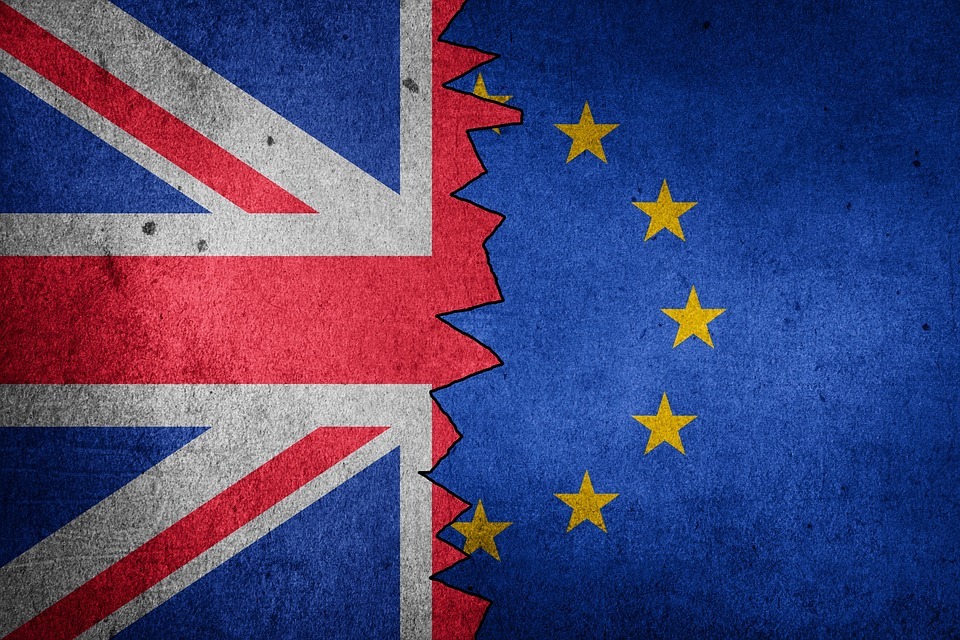Initial Research Project Proposal

Following an incredibly divisive referendum in 2016, the United Kingdom shocked the international community in becoming the first member state to formally leave the European Union. 51.89% of British citizens had voted to opt out of the EU, a dramatic result considering British desire to leave had never surpassed 32% since 2000.1 The Leave bloc, led primarily by Conservative Members of Parliament, campaigned on the grounds of loss of national sovereignty and fears of rising immigration. Seven years and five Prime Ministers later, Britain is still navigating the tumultuous economic and political consequences of its exit. A recent study has reported that roughly a third of UK price inflation can be attributed to Brexit. Moreover, the British government remains deeply fractured, divided over its positioning to Europe and lacking a cohesive vision for the future of the nation.
Investigating the precise causes of Brexit is imperative to understanding how shifts in national sentiment and identity can ultimately disrupt the status quo of a state, and more broadly geopolitical relations. While there is a variety of literature pinpointing economic turmoil and increased migration as the principal causes of Brexit, the role of nostalgia is largely overlooked. Through my research project, I seek to explore the extent to which nostalgia played a role in the Brexit referendum. More specifically, how did this nostalgia reproduce socially through political institutions and processes leading up the 2016 referendum?
The term nostalgia derives from the Greek compound nóstos–álgos, meaning homesickness. Its meaning drifted semantically over the centuries, broadening to express the longing for a lived past. In 1991, psychologist Morris Holbrook developed the idea of historical nostalgia- or a longing for a period of time in history that predates one’s own birth. This sentiment has shown to be reproduced socially through political processes. For instance, it emerged at the heart of a countercultural movement in East Germany during the mid-1990s, where a collective remembrance of the GDR’s cultural objects and social practices brewed a nostalgia for Germany pre-unification (a phenomena coined as Ostalgie) Moreover, in postwar Japan, the concept of furusato connotated a desirable, traditional lifestyle motivated by nostalgia- or a longing for the past. The social reproduction of furusato was seen as a political process that sought “native-place making” through nationalist and nativist sentiment.
To this end, I contend political nostalgia to be a phenomenon that is primarily motivated by a dissatisfaction with the present that is predicated on an imagined, or idealized past. Studies have shown that nostalgia serves a psychological purpose, reconciling one’s identity amidst turbulence and change and defining what one really wants in the long run. On both a personal and cultural scale, nostalgia is a deeply emotional and potent sentiment. Through examining how nostalgia is socially reproduced through political processes, one can better understand the narratives that are perpetuated concerning identity and nationhood.
I will approach answering my research question in two parts. The first part will examine how nostalgia was reproduced through cultural and political institutions in Britain since it joined the EU 1973. Brexit played on “old ideas of sovereignty” and differences between the island nation and the mainland of Europe. I plan to review existing literature, government records, political speeches/debates, and cultural artifacts/media in order to identify overarching themes and recurring instances of nostalgia. As part of this process, I plan to visit the National Archives in London, which houses an extensive collection of documents and records pertaining to my research. In doing so, I will formulate a rigorous coding scheme for what can be considered as historical nostalgia. I will use this scheme to help frame the second part of my research, where I will use quantitative analysis to determine the frequency and prominence of nostalgic narratives in campaign messaging and media representations. Through looking at media print, public debates, Brexit campaign videos, and public opinion polls, I hope to decipher the extent to which nostalgia was an independent factor in the referendum’s result.
Please sign in
If you are a registered user on Laidlaw Scholars Network, please sign in